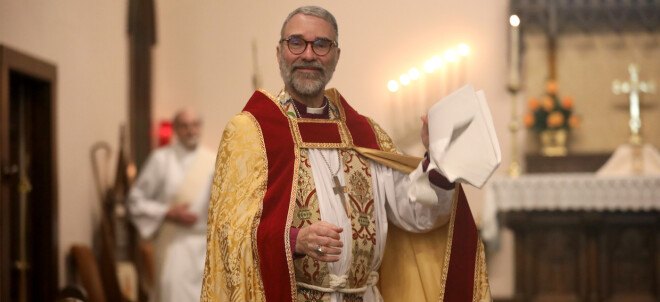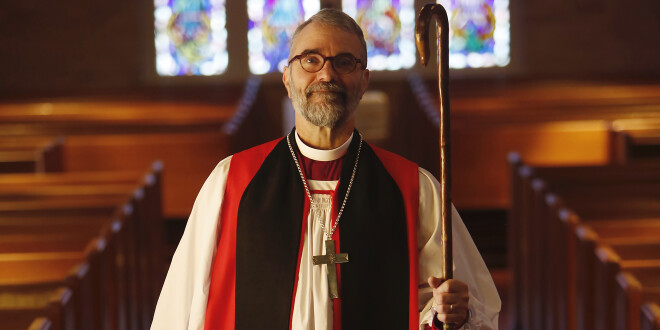Communion Matters XIX: Communion and Condemnation

Communion is first of all about support and ‘mutual responsibility,’ first to members of our own Church, and then to those with whom we are in full communion. But this attitude of mutual upbuilding should pertain in our ecumenical relations as well. This sense of support can be consistent with disagreement (about which we will have more to say in the next blog). But because of current events, I want first to say a word about the sterner side of communion. For if we care about our family, we are required on occasion to warn, even rebuke, one another. These too are acts of love (though, one hopes, sparingly).
Recently the Orthodox Patriarch of Russia, Kirill, offered unambiguous support, indeed his blessing, on the war effort in Ukraine. Now He is, obviously, orthodox when it comes to doctrine! And so it would not be right to anathematize him and his Church. But this support for the brutal, murderous, and unprovoked attack can find no justification (even if the cozy relation to the Czar has precedent.) To a make of the Church of Christ an unambiguous arm of this tyrannous war machine certainly is a grotesque distortion of the Gospel, and places a stumbling block to anyone hearer. As a result it is incumbent on us as Christians to condemn this religious idolatry in the strongest terms.
There are precedents for such a condemnation. During Nazism, the Confessing Church in Germany, led by such luminaries as Dietrich Bonhoeffer and Karl Barth, denounced the ‘German Christian’ Nazi supporters as having made of Christianity a new kind of paganism, one that worships ‘blood and earth.’ Something similar may be found in the denunciation of the Afrikaans Reformed Church which made apartheid itself an article of its teaching. To be sure, I am not denying that we too as American Christians have had our moments also deserving of condemnation. Nor are we condemning ordinary Russian worshippers. But this does not change the facts before us. The point is not one-ups-man-ship, but rather the clarity of the witness to the Gospel itself. As in the ‘Grand Inquisitor’ of the great Russian Christian writer Dostoyevsky, Kirill has abandoned discipleship to Jesus Christ for a Church accommodated to earthly political needs, and those of the most sordid type. Of leaders such as Kirill, we pray kyrie eleison.
Peace,
+GRS




